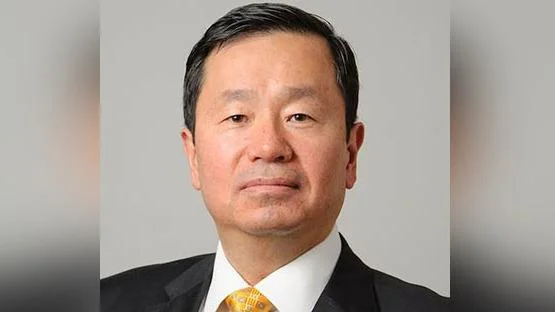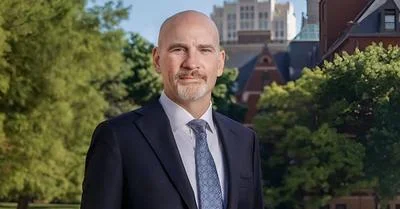Mun Y. Choi, PhD, President | University of Missouri
Mun Y. Choi, PhD, President | University of Missouri
A recent study conducted by researchers at the University of Missouri suggests that states allowing advanced practice registered nurses (APRNs) to work independently report better health outcomes compared to those requiring physician supervision. The research highlights a potential link between full practice authority for APRNs and improved access to healthcare services.
Alisha Johnson, an assistant professor at the Sinclair School of Nursing, emphasized the importance of APRNs in addressing healthcare provider shortages. Currently, only 27 states grant APRNs "full practice" authority, enabling them to diagnose illnesses and prescribe treatments without physician oversight. The remaining states have laws requiring varying levels of physician involvement.
Johnson's study examined data from the Commonwealth Fund, which ranks state healthcare systems based on various health outcomes. The findings revealed that states with full practice authority for APRNs ranked significantly higher than those with reduced or restricted practices.
The autonomy granted in full practice states allows nurse practitioners greater flexibility, thereby enhancing access to care. Johnson cited an example where restrictions forced an APRN to close a rural mental health clinic due to a collaborating physician's relocation.
Julie Miller, director of faculty clinical practice at the Sinclair School of Nursing and co-author of the study, expressed intentions to expand healthcare models across Missouri. "Our vision is to broaden this model across Missouri," she stated, highlighting efforts to increase access in areas with limited local healthcare options.
Lori Popejoy, dean of the Sinclair School of Nursing and another co-author on the study, noted that full practice laws are associated with a significant increase in APRNs starting their own practices. This development could potentially ease patient access to care.
The study also points out that nursing homes can benefit from employing more APRNs under full practice conditions, leading to timelier care and improved health outcomes for residents.
Johnson underscored concerns about provider shortages in long-term care facilities as America's population ages. She advocates for more full practice laws to empower APRNs further. "Each year, the number of trained physicians going into geriatrics is going down," she said while noting an increase in APRN numbers.
Financial implications are also considered; restrictions requiring payment for physician oversight may lead to increased costs passed onto patients. Johnson plans future research into economic aspects comparing costs per Medicare patient between different state practices.
The study titled “Solution to improve state health outcomes and access to care for Medicare beneficiaries: Full practice of APRNs” was published in the Journal of the American Medical Directors Association. Co-authors include Marilyn Rantz and Isabella Zaniletti from the University of Missouri.





 Alerts Sign-up
Alerts Sign-up